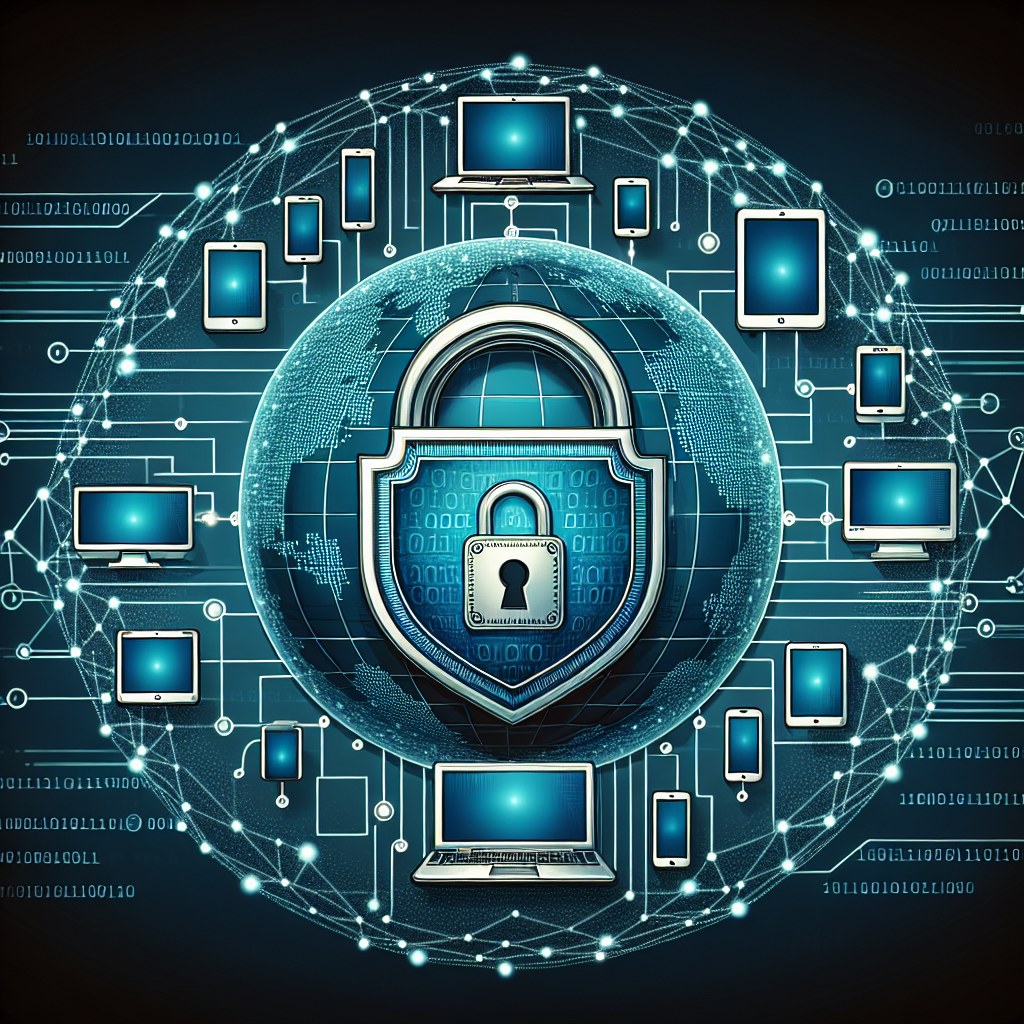Your cart is currently empty!
Cybersecurity Best Practices for Businesses and Individuals

In today’s digital age, cybersecurity has become more important than ever before. With the rise of cyber threats such as hacking, ransomware, and data breaches, businesses and individuals must take proactive measures to protect their sensitive information and data. Cybersecurity best practices are essential for safeguarding against these threats and ensuring the security and privacy of your online activities.
For businesses, implementing cybersecurity best practices is crucial to protect their sensitive data, intellectual property, and customer information. A data breach can have severe consequences, including financial loss, damage to reputation, and legal implications. To prevent such incidents, businesses should prioritize cybersecurity and invest in robust security measures.
One of the most important cybersecurity best practices for businesses is to regularly update their software and systems. Outdated software can be vulnerable to cyber attacks, so it is essential to install security patches and updates promptly. Additionally, businesses should use strong, unique passwords for all accounts and implement multi-factor authentication to add an extra layer of security.
Training employees on cybersecurity best practices is also essential for businesses. Employees are often the weakest link in cybersecurity, as they can unknowingly fall victim to phishing scams or other social engineering tactics. By educating employees on how to recognize and respond to potential threats, businesses can significantly reduce the risk of a cyber attack.
For individuals, practicing cybersecurity best practices is equally important. With the increasing amount of personal information being shared online, individuals are at risk of falling victim to identity theft, fraud, and other cyber crimes. By following simple security measures, individuals can protect themselves from potential threats and keep their personal information safe.
One of the most important cybersecurity best practices for individuals is to use strong, unique passwords for all accounts. Using the same password for multiple accounts can make it easier for hackers to gain access to your sensitive information. Additionally, individuals should be cautious about the information they share online and be wary of suspicious emails, links, and attachments.
Regularly updating software and devices is also crucial for individuals to protect against cyber threats. Outdated software can be vulnerable to security vulnerabilities, so it is essential to install updates promptly. Using antivirus software and a firewall can add an extra layer of protection against malware and other cyber threats.
In conclusion, cybersecurity best practices are essential for businesses and individuals to protect against cyber threats and safeguard sensitive information. By implementing security measures such as updating software, using strong passwords, and educating employees, businesses can reduce the risk of a data breach. Similarly, individuals can protect themselves by being cautious online, using strong passwords, and keeping their software up to date. By prioritizing cybersecurity and following best practices, businesses and individuals can mitigate the risks of cyber attacks and ensure the security and privacy of their online activities.

Leave a Reply